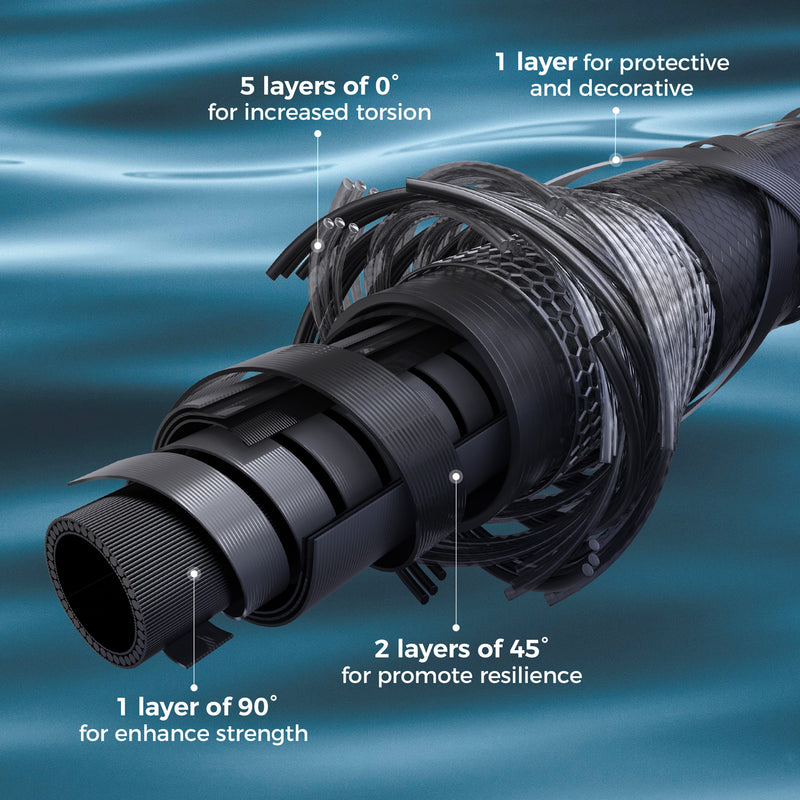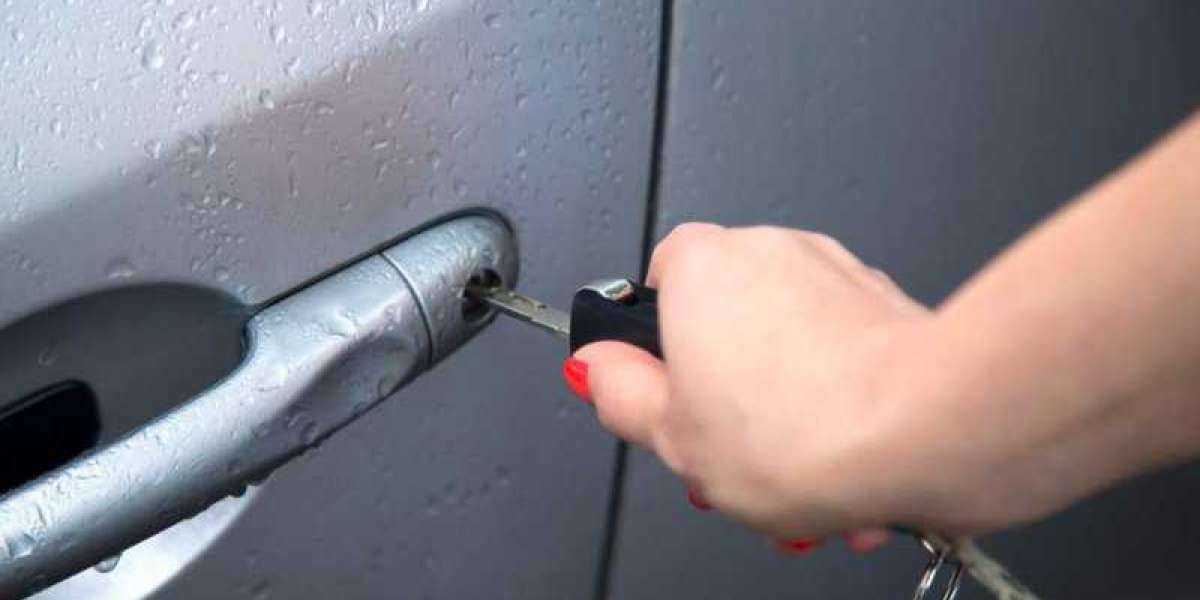Discover the Ultimate Backpacking Fishing Rod: Your Guide to Catching More on the Go!
Backpacking fishing is an exhilarating way to connect with nature while enjoying the thrill of catching fish in some of the most beautiful and remote locations. However, selecting the right fishing rod is crucial for a successful outdoor adventure. The best fishing rod for backpacking must be lightweight, portable, and versatile enough to handle various fishing conditions. A well-chosen rod can make the difference between a day of frustration and a day filled with the joy of reeling in your catch. In this article, we will explore the essential features to look for in a backpacking fishing rod, the different types available, and helpful tips to ensure you make an informed decision tailored to your fishing needs.

Key Features of the Best Fishing Rod for Backpacking
When considering the best fishing rod for backpacking, several key features will enhance your fishing experience while ensuring that you travel light. First and foremost, weight is critical. A rod that is too heavy can quickly become cumbersome during long hikes, so look for options that weigh under two pounds. Length is another important factor; rods between 6 to 7 feet tend to be versatile for various fishing situations, allowing for both casting distance and control. The material of the rod affects both weight and sensitivity; graphite rods are popular for their lightweight nature and excellent responsiveness, while fiberglass rods are more durable but tend to be heavier. Finally, the action of the rod—which refers to how much it bends when pressure is applied—should align with your fishing style. A fast action rod is ideal for quick hook sets, while a slower action rod can provide more flexibility and finesse, making it easier to catch smaller fish. By considering these features, you can find a rod that balances portability and performance, ensuring you can fish effectively no matter where your backpacking journey takes you.
Types of Fishing Rods for Backpacking
There are several types of fishing rods that are particularly well-suited for backpacking, each with its own advantages and disadvantages. Telescopic rods are a popular choice; they can collapse down to a compact size, making them easy to store in a backpack. However, they may lack the sensitivity of traditional rods due to their construction. Collapsible rods, which fold into two or more sections, provide a good balance between portability and performance, making them ideal for those who want a bit more durability without sacrificing space. On the other hand, ultralight rods are perfect for backpackers looking to minimize weight while maximizing the thrill of catching smaller fish. These rods are incredibly lightweight and sensitive, allowing for a fun and engaging fishing experience. Keep in mind, however, that ultralight rods may not perform well with larger fish, so they are best suited for specific environments or species. In weighing the pros and cons of each type, consider your fishing style, the types of fish you target, and the environments you will be exploring.
Tips for Selecting the Right Backpacking Fishing Rod
Choosing the right fishing rod for your backpacking adventures involves careful consideration of several factors. Start by assessing the fishing environment you'll be in; freshwater lakes, rivers, and streams can all require different tackle setups. Think about the species you aim to catch; larger fish may necessitate sturdier rods, while smaller species can be caught with lighter setups. Personal preference plays a significant role as well—some anglers prefer the feel of a specific rod length or action. Before making a purchase, if possible, try out several rods to see which feels the most comfortable in your hands. Pay attention to how the rod feels when casting and reeling in fish. An uncomfortable rod can lead to fatigue and diminish the enjoyment of your fishing experience. Additionally, consider how well the rod fits into your backpacking gear, ensuring that it is both lightweight and easy to carry without compromising your overall pack weight.
Recommended Accessories for Backpacking Fishing
To complement your backpacking fishing rod, there are essential accessories that can enhance your fishing experience while keeping your pack light. A compact tackle box is a must-have, providing a place to store lures, hooks, and other tackle without taking up too much space. Look for models that are lightweight and designed to fit neatly in your backpack. Quality fishing lines are equally important; a strong, lightweight line will help you catch fish without adding unnecessary weight to your gear. A reliable reel is also essential; opting for a lightweight spinning reel can help maintain balance and sensitivity. Other accessories to consider include multi-tools or pliers for quick hook removal, a fishing net that collapses for easy storage, and a fishing license holder that can be attached to your pack for easy access. With the right accessories, you can set yourself up for a successful day of fishing without feeling weighed down.
Choosing the Right Fishing Rod for Your Adventures
In conclusion, selecting the best fishing rod for backpacking is vital to ensure a rewarding and enjoyable fishing experience. By understanding the key features, types of rods available, and practical tips for selection, you can make an informed choice that suits your specific fishing needs. Remember to consider the environment you’ll be fishing in and the species you aim to catch when making your selection. With the right rod and accessories, you’ll be well-equipped to enjoy the thrill of backpacking fishing, creating lasting memories as you explore the great outdoors. So pack your gear, head out into nature, and let the adventure begin!







